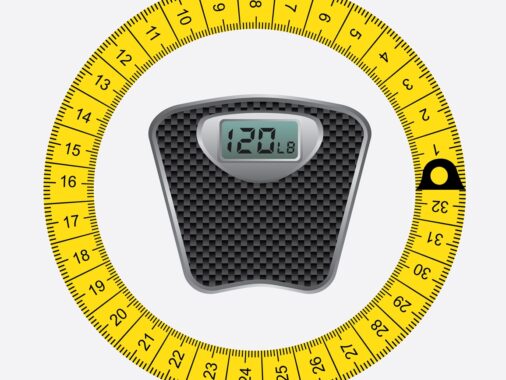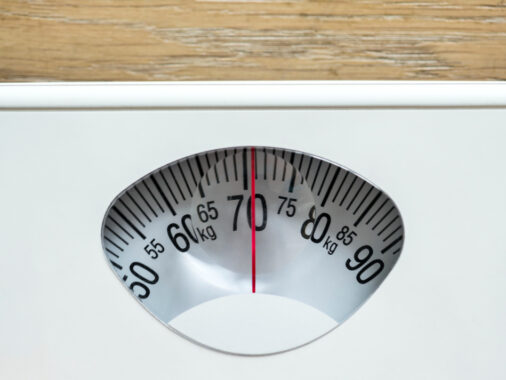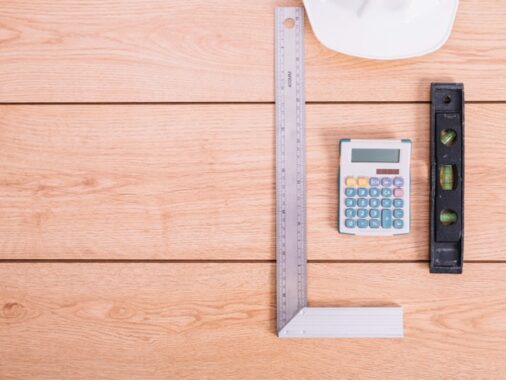Gravel Calculator
You are in the middle of planning your backyard pathway or maybe tidying up your driveway. And the question hits you: “How much gravel do I actually need?” Well, figuring out the quantity of gravel isn’t as simple as rolling your eyeballing. Order too much, and you are left extra gravel, or order too little, and your project pauses halfway through. Frustrating, right?
Join us with our Gravel Calculator and find the exact amount of gravel required for your project. This will save you both time and effort.
How Does the Gravel Calculator Work?
It’s pretty simple. All you need to input are the following details:
- Length (in meters or feet)
- Width (in meters or feet)
- Depth (in inches or centimetres)
The calculator then gives you the amount of gravel in cubic meters or cubic yards, depending on your preference.
The Formula for Calculation:
Gravel Volume (cubic meters) = Length × Width × Depth
For example, if you’re planning a 10-meter-long and 2-meter-wide path with a depth of 10 cm:
Gravel Volume = 10 (m) × 2 (m) × 0.1 (m) = 2 cubic meters
Real-Life Application
Driveway Installation
You want to create a new gravel driveway that is 15 meters long and 3 meters wide, and you plan to have a depth of 15 cm.
Calculation:
- Length: 15 m
- Width: 3 m
- Depth: 0.15 m (15 cm converted to meters)
Gravel Volume = Length × Width × Depth
Gravel Volume = 15 m × 3 m × 0.15 m = 6.75 cubic meters
You will need 6.75 cubic meters of gravel for your driveway.
Similarly, for a garden path that measures 8 meters long, 1.2 meters wide, and 10 cm deep, you will need 0.96 cubic meters of gravel.
Or, for a decorative gravel bed in your backyard that is 4 meters long, 2 meters wide, and 5 cm deep, you will need 0.40 cubic meters of gravel.
FAQs about Gravel Calculator
Measure the length, width, and depth of your driveway in feet, then use the formula: length x width x depth ÷ 27 = cubic yards of gravel needed.
Multiply the area in square feet by the desired depth (in feet), then divide by 27 to convert cubic feet to cubic yards.
For fish tanks, use approximately 1 pound of gravel per gallon of water to cover the bottom with a 1-2 inch layer.
To estimate tons of gravel needed, multiply the cubic yards of gravel by 1.4 (for general gravel types), as 1 cubic yard of gravel weighs about 1.4 tons.
Measure the length, width, and depth in feet, then divide the total cubic feet by 27 to convert to cubic yards.




